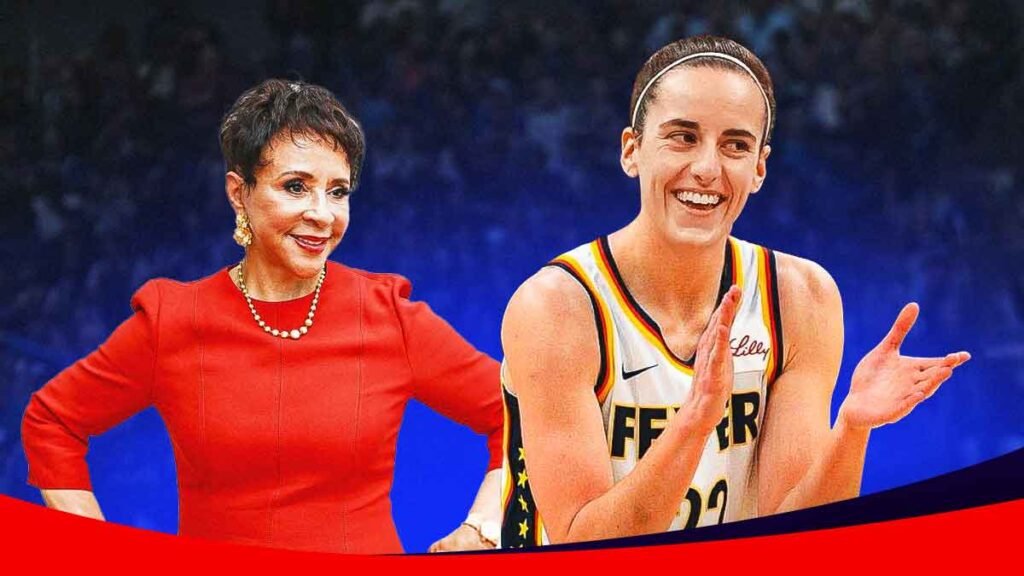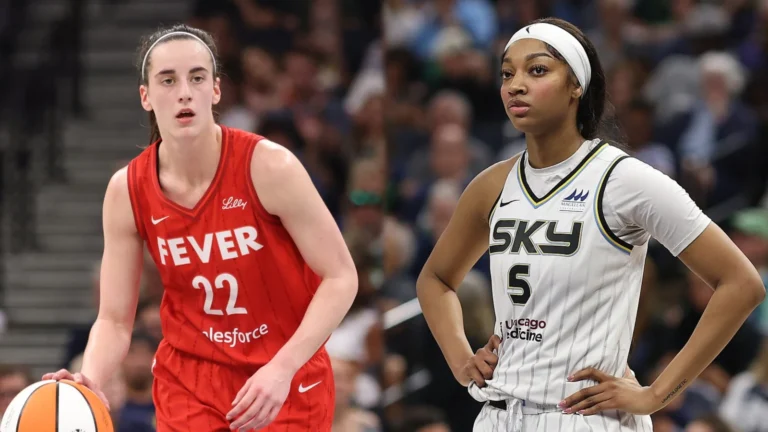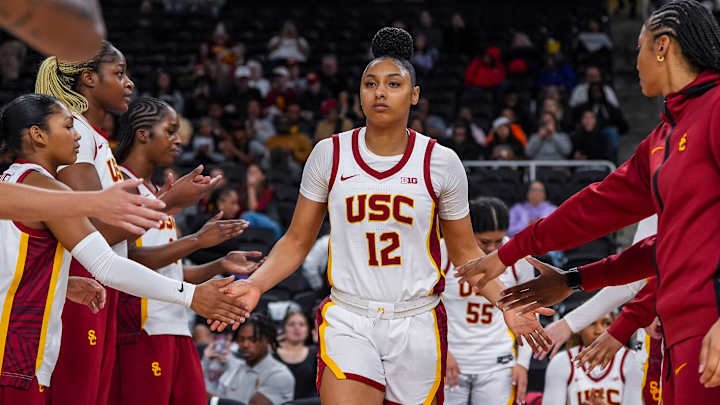
Sheila Johnson, the billionaire co-owner of the Washington Mystics, has voiced strong opinions about Time Magazine’s decision to name Caitlin Clark, the Indiana Fever rookie, as their “Athlete of the Year.” While Clark’s remarkable achievements in the past year, including setting multiple records in college and professional basketball, have garnered widespread praise, Johnson argues that the spotlight should not solely fall on one player. She believes that it’s time to acknowledge the immense talent within the WNBA as a whole, not just Clark’s individual accomplishments.
In a conversation with CNN Sport, Johnson highlighted the lack of media recognition for many talented players across the league. “We have so much talent that’s been overlooked,” she said, emphasizing the need for broader attention to the contributions of various athletes. Johnson also touched upon the issue of race, pointing out how players of color often do not receive the recognition they deserve, despite their outstanding skills. For Johnson, this is not just about one player’s rise to fame, but a call for greater representation and equity in sports media.
While Caitlin Clark has undoubtedly made a significant impact in her rookie season, setting records such as becoming the all-time leading scorer in Division I basketball and achieving historic triple-doubles, Johnson believes it’s important to remember that this is a team effort. “This year, something clicked with the WNBA,” she said, referring to the influx of talented rookies like Clark and Angel Reese. She cautioned against singling out one individual, as it could lead to unnecessary tensions and divisions among players.
Clark’s career has certainly been impressive. Her impact on the sport has extended beyond the court, with the “Caitlin Clark effect” driving up viewership, increasing league attendance by 48%, and securing lucrative endorsements, including a multi-million dollar deal with Nike. However, Johnson is wary of the potential for jealousy and resentment from other athletes who might feel overshadowed by Clark’s overwhelming success. With the rise in commercial partnerships and media attention, the focus on Clark has been undeniable, but Johnson urges that the entire league deserves recognition for its collective progress.
The WNBA’s increased visibility, especially during Clark’s debut season, has sparked conversations about the future of women’s basketball. Clark’s influence is evident in her continued presence in the public eye, from participating in high-profile events to appearing at a Taylor Swift concert. As the league gains momentum, Johnson’s call for more inclusive recognition reflects a larger desire to ensure that all players—regardless of race or background—are seen and celebrated for their contributions to the sport.




